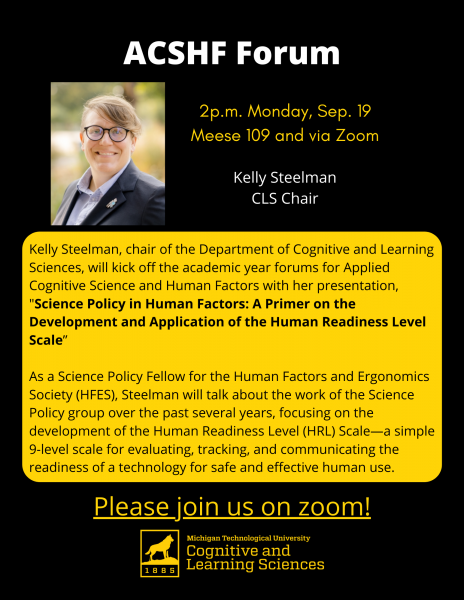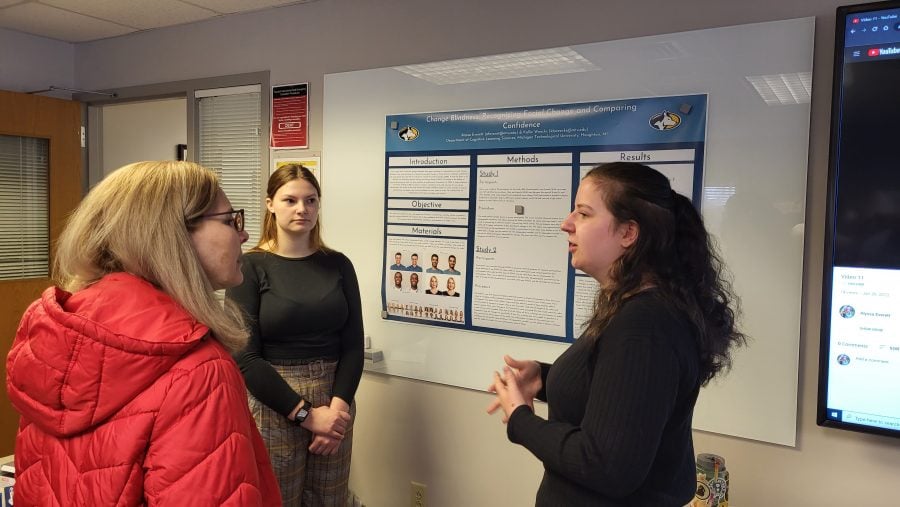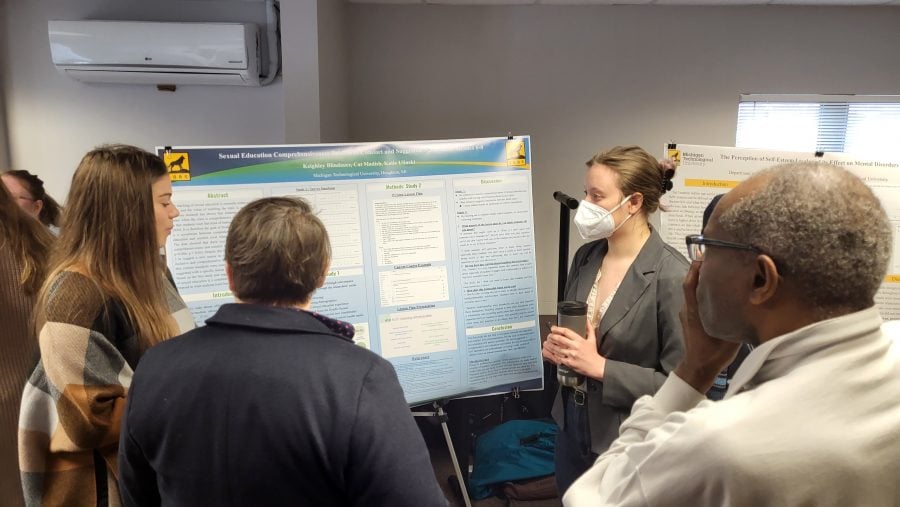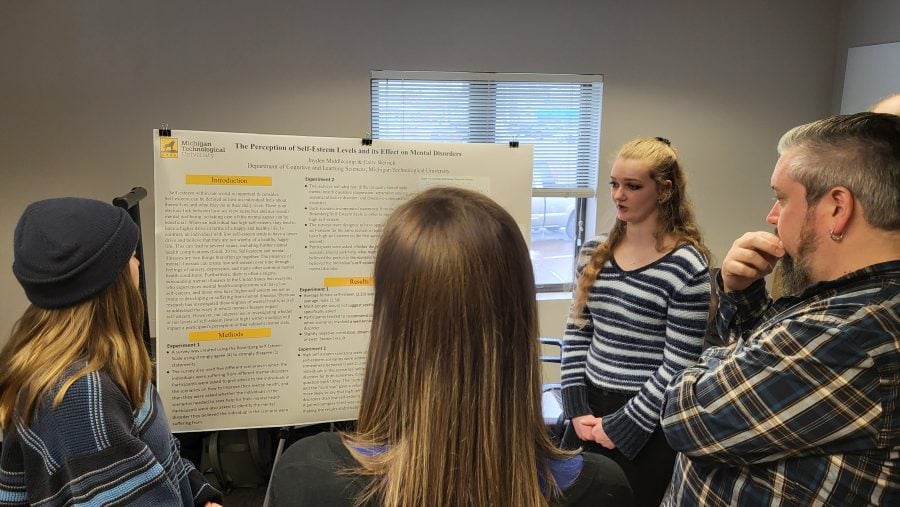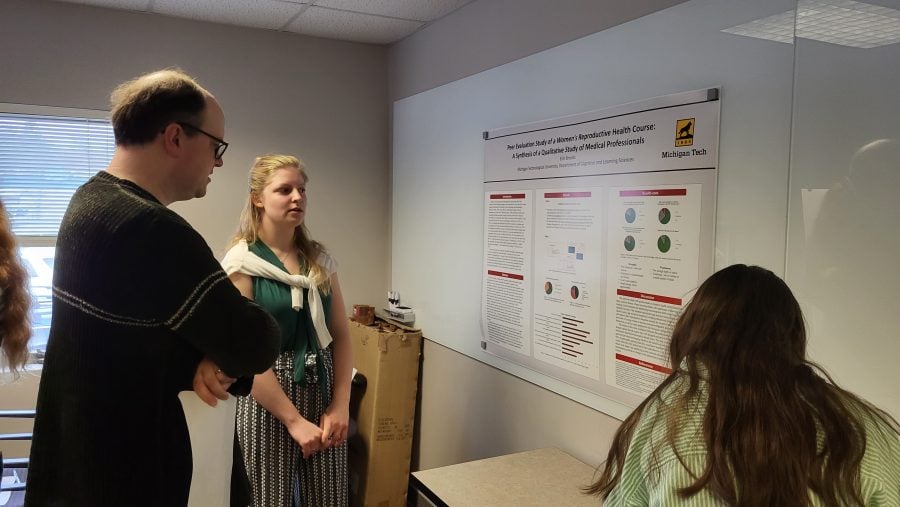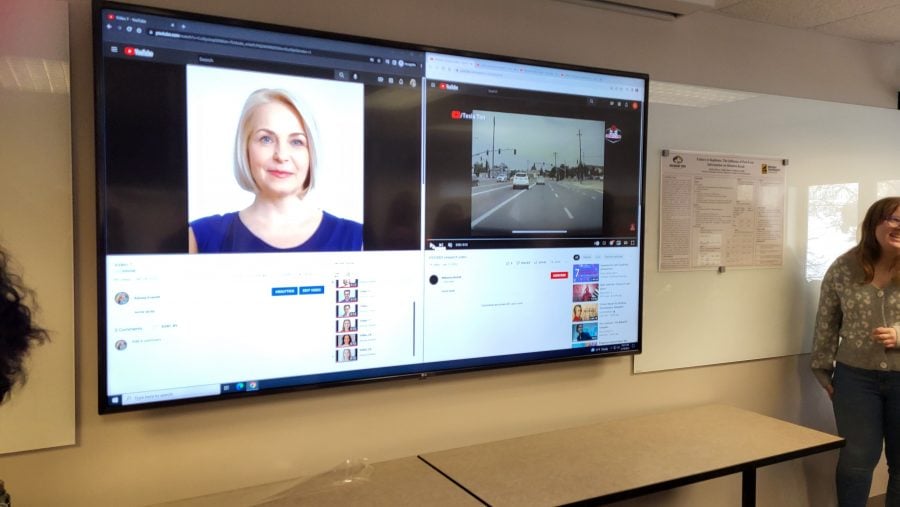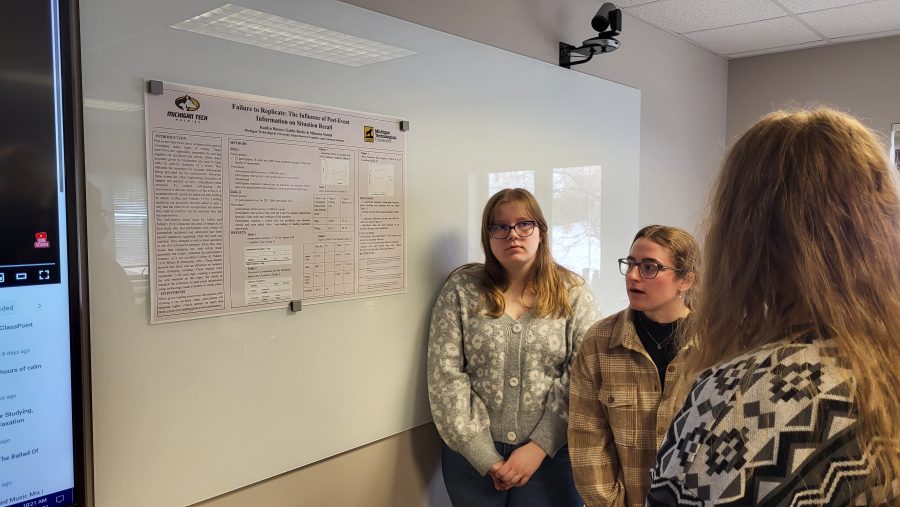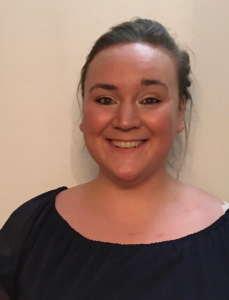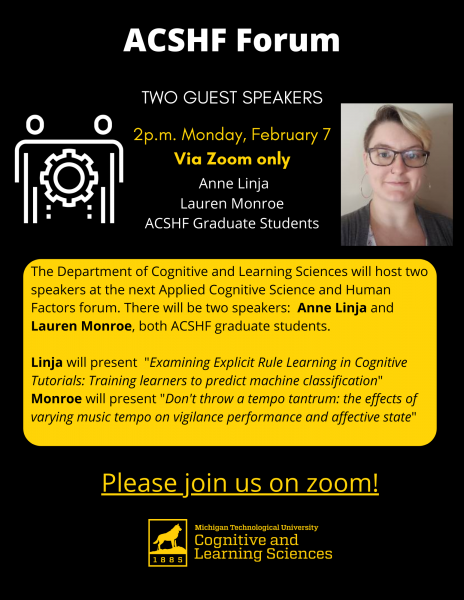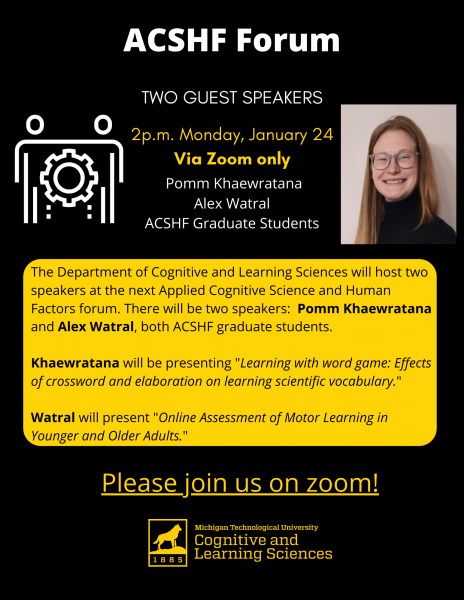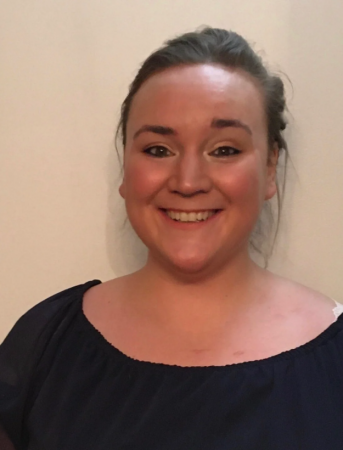Kelly Steelman, chair of the Department of Cognitive and Learning Sciences will kick off the academic year forums for Applied Cognitive Science and Human Factors with her presentation, “Science Policy in Human Factors: A Primer on the Development and Application of the Human Readiness Level Scale”, from 2:00 to 3:00 p.m. Monday (September 19) in Meese 109 and via Zoom.
As a Science Policy Fellow for the Human Factors and Ergonomics Society (HFES), Steelman will talk about the work of the Science Policy group over the past several years, focusing on the development of the Human Readiness Level (HRL) Scale—a simple 9-level scale for evaluating, tracking,and communicating the readiness of a technology for safe and effective human use.
Complete abstract:
In 2019, Dr. Kelly Steelman was selected as a Science Policy Fellow for the Human Factors and Ergonomics Society. In this presentation, Steelman will talk about the work of the Science Policy group over the past several years, focusing on the development of the Human Readiness Level (HRL) Scale—a simple 9-level scale for evaluating, tracking, and communicating the readiness of a technology for safe and effective human use. It is modeled after the well-established Technology Readiness Level (TRL) framework that is used throughout the government and industry to communicate the maturity of a technology and to support decision making about technology acquisition. The HRL scale is defined in the ANSI/HFES 400-2021 Standard and is currently being socialized throughout the government, Department of Defense, and industry.
Dr. Steelman will discuss the promise of the HRL Scale and associated standard as tools for increasing awareness of the field of human factors and for establishing requirements for human-systems evaluation—and the involvement of human-systems experts—throughout the development lifecycle.
